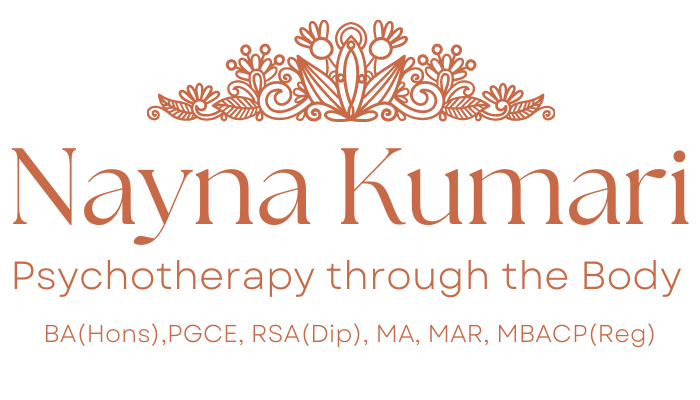This article was first published by Women Empowered in GRIT their online blog. For their edited version please click here:
https://www.womenempowered.co.uk/grit-july-2014-mind-body-and-soul-2/
For the original article, please read on:
Have you ever wondered why people sometimes respond to things in a disproportionate or inappropriate way? Or why others can’t get their courage up to make a stand? The clue lies in how we react to stress and for the answer we had to go to Africa.
For years one of the big questions in Trauma Therapy was ‘How come Impala don’t suffer from Traumatic Stress?’ After all they spend most of their time on red alert, running for their lives and trying not to be eaten! As fellow mammals why are they not off their food, losing sleep and battling with a deep sense of injustice?
One of the things we have since learnt is that part of the Impala’s brain tells it to behave like prey and part of the perusing cheetah’s brain tells it to behave like a predator. They are not expecting anything different so they just get on with it.
The problem for us humans is that we can be both predator and prey, and the scene is set for inner conflict. Added to this, life experiences can make us lean more in one direction than the other. In a stressful situation, your brain has to decide in an instant, whether it’s safer for you to be predator or prey and then behave accordingly.
This decision is usually completely outside your conscious control and is largely based on what has worked for you in the past.
For example – if as a child, you stood up to the school bully and it worked for you, part of your nervous system will remember this as a good strategy and when you are faced with a similar situation in adult life, you will respond in the same way.
However if standing up to the bully got you punched, your body will begin to record standing up for yourself as unwise and if it happens enough then in time something inside will make you feel like running away or hiding whenever you are faced with confrontation.
This is complicated by the fact that your body doesn’t base its decisions on events but on feelings. So whenever you feel the same as you did when you were bullied at school, despite the strategies you’ve learnt since, your internal instruction will probably be to run for cover.
Equally, if standing up to the school bully was effective, your inner instruction will be “do the same as last time, it worked…”. This is fine if you had a reasoned discussion, but perhaps not so helpful if you hit them with your tennis racquet.
Going back to the Impala, there is now a further complication.
Imagine:
- Someone says or does something which makes you feel belittled or bullied.
- Inside you know how you want to behave, but as an adult have leant more appropriate skills.
- So, you have a choice.
- But whichever one you choose, sometimes regardless of the outcome, the other part of you will need pacifying.
So if you stood up for yourself, inside you might be feeling “I shouldn’t have been so assertive, I should have left when I had the chance, because there will be consequences, there always are”…
If you didn’t make a stand, inside you might be berating yourself for being a wimp or a loser. More importantly, you might be angry..angry at all the times you have let people walk over you.
If you were brought up to express your anger in a healthy and constructive way, this may not be a problem but if anger for you is something to be scared of, something which you should never feel, or something which you find difficult to control, then your defences will conspire to suppress it.
The problem though, is that suppressed emotions don’t disappear. They seek to express themselves in other ways, often inappropriately:
- perhaps while driving
- or in explosive rages directed at innocent friends or relations
- in some physical response – maybe your hand shakes
- in symptoms – whenever something upsetting happens, you no longer get upset, but feel tired and struggle to get up the next day.
If this rings a bell for you, try to catch it before you get angry and ask yourself:
- Have I felt like this before?
- When was the first time?
Remind yourself:
- That was then and it’s over and this is now and it’s different.
- The two events are not the same.
- That you are safe.
Some people can easily manage their stress levels by putting boundaries like these around their emotions. For others unfortunately, negative childhood experiences are too ingrained and they find themselves needing to resolve past experiences first. Others may find the same patterns repeating themselves – the ‘news’ is always the same – only the people and places change.
It’s important to maximise the quality of your life. To have some level of control over how you react to situations, to be aware of how you feel and why and to see the connection between how you behave as an adult and what you experienced as a child.
Understanding your actions and responses and learning new strategies for dealing with stress and conflict can make a very big difference to you and to those around you.
© Nayna Kumari.
22nd June 2014
If you feel you need support or would like to discuss your feelings in a safe and comfortable environment –
Please call Nayna Kumari for a preliminary and confidential discussion…
nayna@nk-bodypsychotherapy.com
